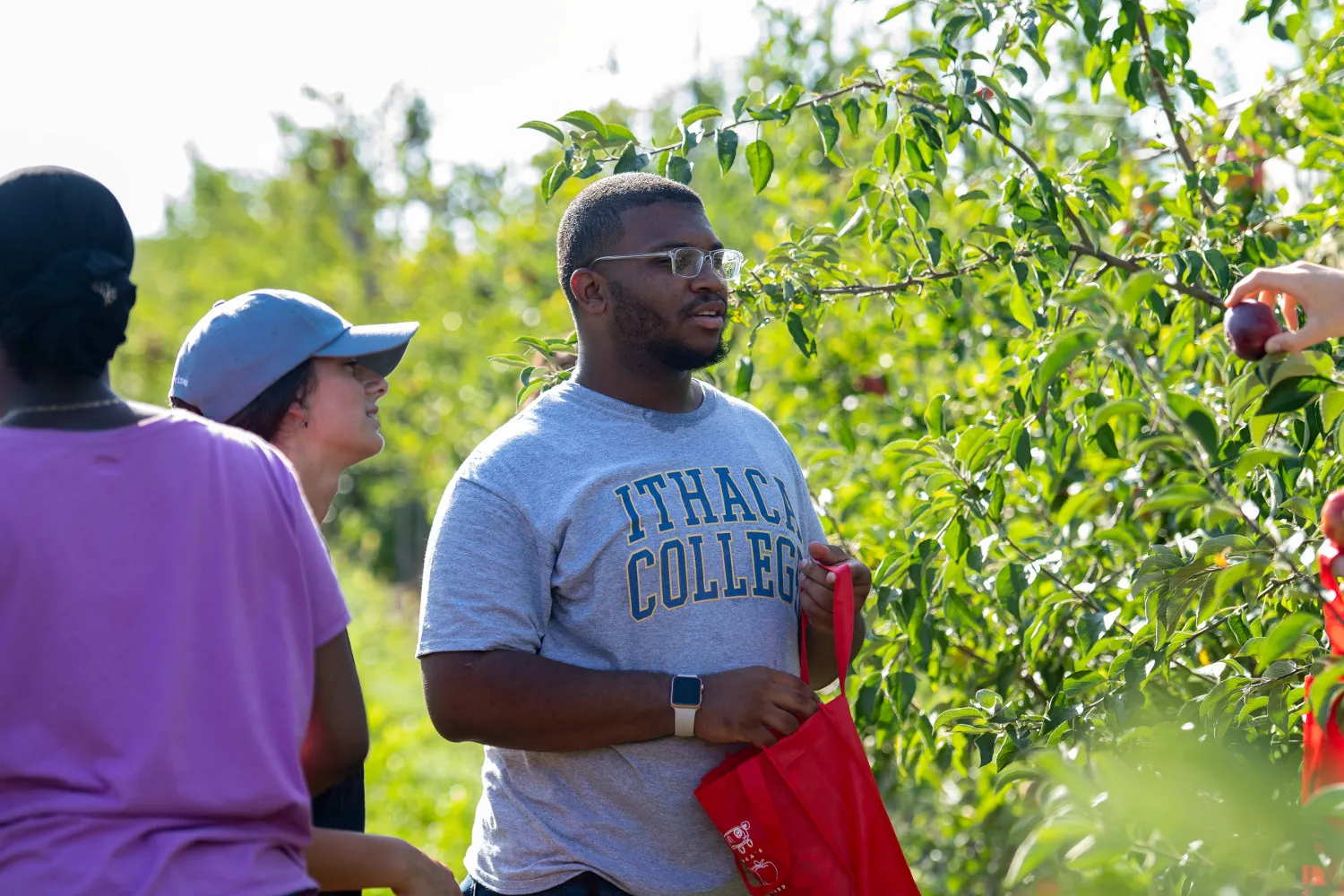Launched in 2010, STARS measures and encourages sustainability in all aspects of higher education. Ithaca College, a charter STARS member, earned its first rating in 2011 (Gold). The college recently learned from the STARS review board that its submission for 2019 will once again earn it a Gold rating, after having slipped to Silver in 2016.
“STARS is a thorough self-assessment rating system,” said Greg Lischke, director of energy management and sustainability for Ithaca College. “Thanks to the support of our senior leadership team and the continued collaboration throughout the entire campus community, the institution made a number of improvements since the last report, resulting in the coveted Gold rating.”
“Since our 2016 report,” President Shirley M. Collado wrote in a letter to members of the AASHE STARS Review Committee, “the college has made substantial organizational enhancements to more fully align our mission, vision and values with the needs of our students and the greater Ithaca community.”
This level of commitment is necessary in a world that demands continuous improvement in all things related to sustainability. For instance, water usage remains an opportunity to improve Ithaca College’s practices and score.
“Water is a big issue for us in terms of budget and natural resources, but this is not surprising for a campus as old as ours,” Lischke said. “Proactively identifying leaks is an ongoing challenge.”
“It’s a teachable moment,” added campus sustainability coordinator Rebecca Evans. “Immediate improvement will rely on personal choices that people make across the campus.”


